![]()
![]()
![]()
Use LEFT and RIGHT arrow keys to navigate between flashcards;
Use UP and DOWN arrow keys to flip the card;
H to show hint;
A reads text to speech;
16 Cards in this Set
- Front
- Back
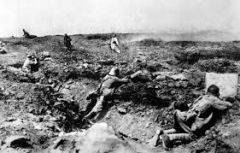
World War I
|
1914- 1918 Also know as the Great War and was centered on Europe, but had global dimensions. (p. 979-981)
Sig- It was a conflict that shattered almost every expectation. It was shaped by Europe's imperial reach around the world. Generated millions of casualties. |
|
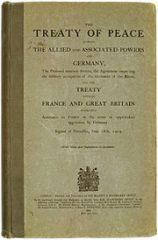
Treaty of Versailles
|
Treaty that formally concluded World War I in 1919. (p.983)
Sig- Proved in retrospect to have established conditions that generated the second world war twenty years later. In the treaty it exploited Germany's defeat which caused much resentment by the Germans |
|
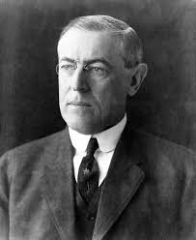
Woodrow Wilson/ Fourteen Points
|
Statement by the American president in Paris in 1919, that the Great War was being fought for a moral cause and for postwar peace in Europe. (p.984)
Sig- Herald a new kind of international life, one based on moral principles rather than secret deals and imperialist machinations. |
|
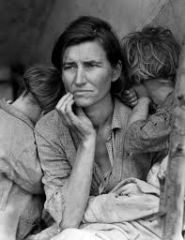
Great Depression
|
1929-1942 Represented that the economic system throughout was failing. It was a time of great devastation with many jobs lost. (p.985)
Sig- Stock markets crashed, suicides, closed banks, dry investments, contraction of businesses, and the world trade dropped by 62% in just a few years. It was a time of hardship. For ordinary people, the worst was the loss of work as unemployment soared everywhere. |
|
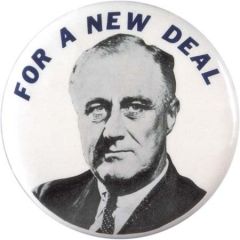
New Deal
|
1933-1942 In response to the Great Depression. An experimental combination of reforms seeking to restart economic growth and to prevent similar calamities in the future. (p.987)
Sig- Reflected the thinking of John Maynard Keynes, a British economist. Permanently altered the relationship among government, the private economy, and individual citizens. Sought to reduce unemployment, though ultimately none worked well enough to end the Great Depression. |
|
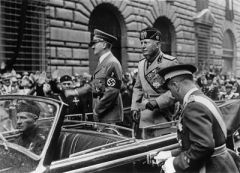
fascism
|
1919-1945 New political ideology that emerged across much of Europe. (p.988-989)
Sig- Intensely nationalistic and sought to revitalize and purify the nation and to mobilize its people for some grand task. Fascists bitterly condemned individualism, liberalism, feminism, parliamentary democracy, and communism in which they thought it weakened the nation. |
|
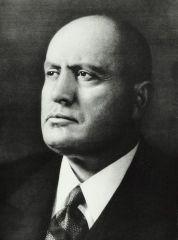
Mussolini
|
1883-1945 A charismatic orator and former journalist with a socialist background who came to power in 1922. (p.989)
Sig- Promised an alt. to both communism and ineffective democratic rule. Violence accompanied him as he rose to power as bands of Black Shirts (jobless men) destroyed offices and attacked striking workers. Represented by fasces, believed it was the beginning of a "new Roman Empire". |
|
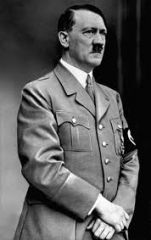
Nazi Germany/Hitler
|
1889-1945 German expression of European fascism, which took place as the Nazi Party under the leadership of Adolf Hitler.
Sig- Was similar to it's Italian counterpart. Proclaimed a message of intense nationalism cast in terms of racial superiority,opposition to communism, and etc. Though his policies did bring Germany out of the Depression. |
|
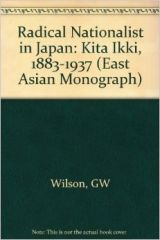
Revolutionary Right (Japan)
|
Growing movement in Japanese political life, also known as Radical Nationalism. (p.994)
Sig- Expressed in dozens of small groups and esp. appealed to younger army officers. The movement's many separate organizations shared an extreme nationalism, hostility to parliamentary democracy, commitment to elite leadership focused around an exalted emperor, and dedication to foreign expansion. Members managed to assassinate a number of officials in hopes of provoking a return to direct rule by an emperor. |
|
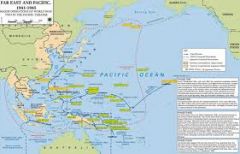
World War II in Asia
|
Even more than the Great War was a global conflict with independent origins in both Asia and Europe. (p.996)
Sig- Japanese seized control of Manchuria, which infuriated western powers and prompted Japan to withdraw from the League of Nations, and in 1936 align more closely with Germany and Italy. Escalated a bitter conflict with China that would last for another eight years. Launched an attack on Pearl Harbor in the U.S. |
|
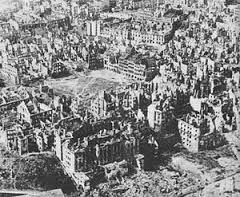
World War II in Europe
|
As consequence of their defeat in WWI along with the Treaty of Versailles in which caused resentment in Germany, which fueled the second world war. (p.999)
Sig- The second world war was the most destructive conflict in world history, with total deaths estimated at around 60 million. The new technology for warfare were partly responsible. |
|
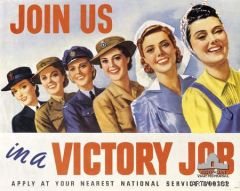
Total War
|
Used to describe WWII as it drew in the entire populations in order to help out with the war. (p.1002)
Sig- It was a period of harsh times as many people were required to "help" fight the war through indirect means. The scale and intensity of the war even exceeded the horrors of WWI. A further dimension lay in gov't efforts to mobilize their economies, people and their propaganda machines, even more than before. |
|
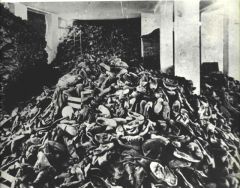
Holocaust
|
Genocide; policy by Hitler that constituted the mass killings of the undesirables (Jews, Russians, Poles, etc.). (p.1003)
Sig- Although it was centered in Nazi Germany, it's presence was huge throughout the world. It has haunted the Western World and esp. Germany. It sent many of the remaining Jews fleeing to Israel. The Holocaust defined a new category of crimes against humanity. |
|
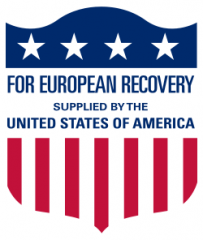
Marshall Plan
|
U.S intention to exercise global leadership in efforts to rebuild and reshape shattered European economies. (p.1005)
Sig- The effort funneled into Europe some $12 billion along with numerous advisers and technicians. It was an economic recovery plan. The plan also required the Europeans to cooperate with one another. Caused the establishment of the European Economic Community (EEC). |
|
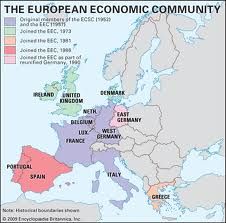
European Economic Community
|
An organization that was established in 1957 in order to deepen level of cooperation in Europe; included Italy, France, West Germany, Belgium, the Netherlands, and Luxembourg. (p. 1006)
Sig- Also known as the Common Market. Members reduced their tariffs and developed common trade policies. It expanded over the next half cent. to include almost all of EU. Adopted a common currency the Euro and sustained Europe's economic recovery and expressed a larger European identity. |
|
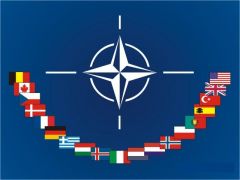
NATO
|
North Atlantic Treaty Organization. By the U.S to EU, political and military security against the distant possibility of renewed German aggression and the more immediate communist threat from the Soviet Union. (p.1006)
Sig- It committed the U.S and it's nuclear arsenal to defense of Europe against the Soviet Union, and it firmly anchored West Germany within the Western alliance. Helped Western Europe revive economically under the umbrella of U.S political and military leadership. |

